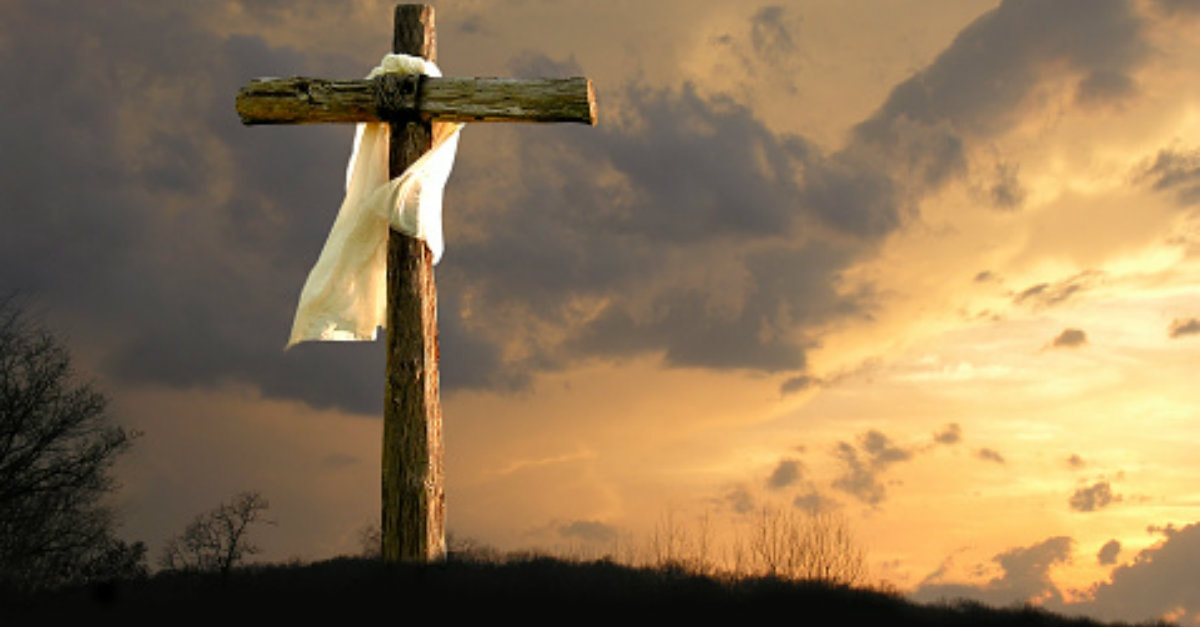“We wait in hope for the LORD; he is our help and our shield.
In him our hearts rejoice, for we trust in his holy name.
May your unfailing love rest upon us,
O LORD, even as we put our hope in you.”
Psalms 33:20-22 (NIV)
We made it to the new year! Between the pandemic, economic stimulus, racial tension, and political upheaval, 2020 brought on an endless onslaught of emotions. At the end of the long and grueling year (it was just a day or so ago), most of us could use a few words of inspiration and wisdom. So take a virtual seat beside the fire and let’s chat.
First and foremost, we can take solitude that God is still in control. Our dependence can remain in Him and in Him alone. He has promised to not put more on us than we can bear. Nothing happened or is going to happen of which He is not already aware. With that knowledge we can pray,
“So, in my trials, God, help me to fix my eyes not on what is seen, the temporary things that burden me, but on what is unseen, that which is eternal. I praise You that You comfort me in my troubles so that I can comfort others with that same comfort.”
Our trials are not to be eliminated but seasoned and buoyed up with love and hope because they sharpen us for our destiny.
Second, we don’t need to make resolutions this year. We can choose to focus on the outcomes you want and avoid getting caught up in the obstacles to achieving them. Getting mired in a daunting list of obstacles will prevent you from stimulating awareness of all the options you have for succeeding. Adapt your action plans as life unfolds differently than you originally planned, ensuring your actions align with your values and the Word of God. We tend to give too much power to things that are out of their control. You don’t have to be perfect and a big part of accepting this is learning how to embrace your failures, imperfections and fears. Confronting them so you can grow and become the person you are called to be.
Refrain from focusing on self-interest based on acquiring power, status, social recognition, tangible, or intangible rewards. Instead, focus on self-sacrifice based on personal growth and understanding of your patterns of behavior that affect family, friends, health, and relationships. Think about relating more deeply to others, building community, demonstrating love to the unlovable, being of service, or learning something new that enables you to serve others better.
You can walk in the grace of resilience, strength, and, yes, hope. Never lose hope – the world was a mess, but God, because He loves us, gave us His son. God has promised victory to all who remain faithful throughout the generations; regardless of social location, race or economic status. God includes and protects each of us, and we are guaranteed a place in his presence. We can be assured that God hasn’t given up on us, let’s not give up on each other.
Biblical hope is an application of your faith that supplies a confident expectation in God’s fulfillment of His promises. So demonstrate the power of love and hope one to another. As Wuthnow says, “If we see our own identity [as] part of a divine or transcendent plan, then those who are not us must have an identity within this understanding as well.”
When you feel you are losing hope remember – “love your neighbor. . .” came from a man the people slandered. “Forgive them. . .” came from a man who the people crucified on the cross. “I know the plans I have for you. . . to give you a future and a hope. . .” came from the man who promised better things are yet to come!
Now go be great in 2021!
Would your connections benefit from this post?






